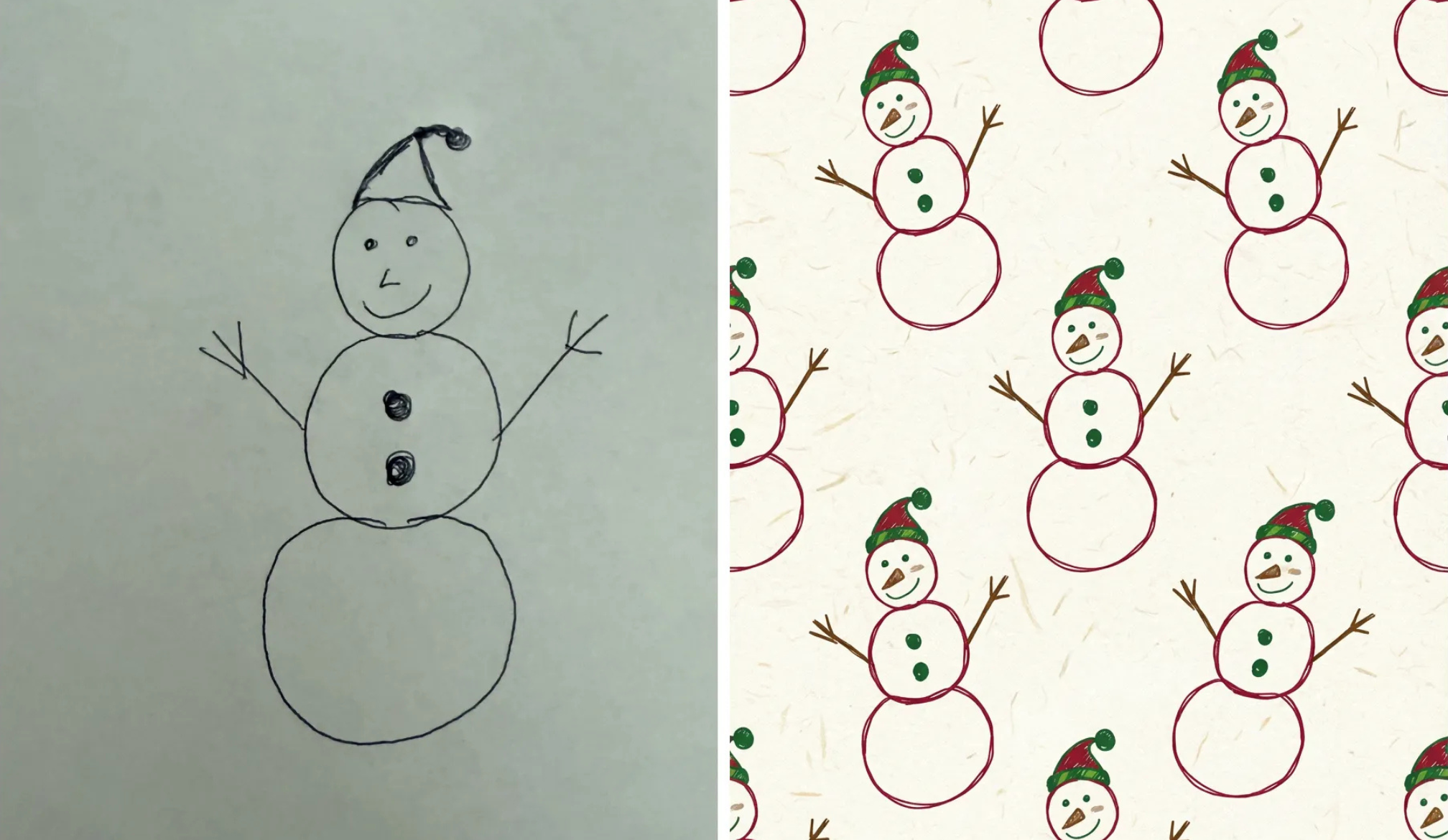3 Signs Your Child Needs a Tutor (and How to Find One)

You desire the best for your child's academic achievement as a parent. However, sometimes children face challenges that can hinder their progress in school. Recognizing the signs when your child may benefit from additional support, such as a tutor, is essential. In this content, we'll look at three typical indicators that your child could benefit from tutoring and offer advice on how to choose the best tutor to meet your child's specific requirements.
I. Declining Academic Performance
One of the most apparent signs that your child may need a tutor is a decline in academic performance. If your child's grades have been consistently dropping, it could indicate that they are struggling to grasp certain concepts or are falling behind their peers. Here are some specific indicators to look out for:
1.1. Sudden drop in grades:
If you notice a sudden decline in your child's grades across multiple subjects, it's important not to dismiss it as a temporary setback. This decline could indicate that they need help to keep up with the curriculum and need additional help. Look for patterns and consistency in their academic performance to identify if the drop in grades is an isolated incident or a persistent issue.
1.2. Struggling with homework:
If your child consistently requires significant assistance with their homework or takes an unusually long time to complete assignments, it could be a sign that they are facing challenges in understanding the material. While the occasional difficulty is normal, persistent struggles might require the support of a tutor.
1.3. Lack of engagement and motivation:
A sudden loss of interest or motivation in schoolwork may indicate that your child is struggling. They could get disengaged from their academics as a result of feeling overburdened, frustrated, or disheartened. A tutor can provide personalized attention and guidance to reignite your child's enthusiasm for learning.
Finding the Right Tutor:
Once you've recognized the signs that your child may benefit from a tutor, the next step is to find the right one. Consider the following strategies to ensure you choose a best maths tutor who is the best fit for your child:
Research and gather recommendations:
Ask your child's teachers, school counselors, or other parents for recommendations. They can suggest qualified tutors or tutoring services in your area. Additionally, find potential candidates by utilizing online platforms and resources that provide verified tutor profiles and reviews.
Assess the tutor's qualifications and experience:
When considering potential tutors, review their qualifications and experience in the subject area or areas your child struggles with. Look for tutors with relevant academic backgrounds, teaching certifications, or experience working with children in similar situations.
Evaluate teaching methods and approach:
Set up an initial appointment or meeting with possible instructors to talk about their teaching styles. This will enable you to determine whether their approach to teaching fits with how your child like to learn. A tutor who can adapt their approach to suit your child's needs will more effectively address their learning challenges.
Consider scheduling and location:
Consider practical factors such as the tutor's availability and the location of tutoring sessions. Ensure that the tutor's schedule aligns with your child's availability and that the tutoring location is convenient for both parties. Online tutoring can also be viable, providing flexibility and eliminating geographical constraints.
Seek feedback and references:
Ask potential tutors for references from past or current students and their parents. Knowing about their personal experiences can provide you important information about the tutor's efficacy and student-connection skills. Contact other parents who have used their services to gather feedback and recommendations.
II. Persistent Difficulty in a Specific Subject
Another sign that your child may need a tutor is a persistent difficulty in a specific subject. While occasional challenges are normal, ongoing struggles might indicate the need for targeted support. Here's how to identify if your child is experiencing persistent difficulty in a particular subject:
2.1. Consistently low grades in a specific subject:
If your child consistently receives low grades or struggles to achieve satisfactory results in a particular subject, they may need help understanding the concepts. A tutor with expertise in that subject can help break down complex ideas, provide additional practice, and build your child's confidence.
2.2. Resistance or avoidance of the subject:
If your child shows a consistent aversion or resistance towards a specific subject, it may indicate that they find it challenging or uninteresting. This resistance can lead to a cycle of avoidance, making it even more difficult for them to make progress independently.
2.3. Struggling with advanced coursework:
For older students, advanced coursework can present unique challenges. If your child struggles with the increased complexity and workload of advanced classes, seeking a home tutor specializing in that subject area can provide the necessary guidance and support.
III. Behavioral or Emotional Changes
Behavioral or emotional changes in your child can sometimes indicate that they need additional academic support. Look for the following signs:
3.1. Frustration, irritability, or anxiety related to schoolwork:
If your child becomes increasingly frustrated, irritable, or anxious when faced with academic tasks, it may suggest they struggle academically. A tutor can help alleviate these emotions by guiding and building your child's confidence.
3.2. Lack of self-confidence or self-esteem:
Persistent academic difficulties can undermine a child's self-confidence and self-esteem. A tutor can help restore their confidence by offering personalized support, celebrating their successes, and fostering a positive learning experience.
3.3. Behavioral changes or academic apathy:
If your child's behavior undergoes noticeable changes, such as increased apathy towards school or a decline in overall motivation, it may indicate underlying academic struggles. These changes can manifest as a lack of interest in learning, avoiding school-related activities, or declining overall academic effort. A tutor can help reignite their enthusiasm for learning and reestablish their academic engagement.
Conclusion
Recognizing the signs that your child may need a tutor is crucial for their academic success. Whether it's a decline in academic performance, persistent difficulty in a specific subject, or behavioral and emotional changes, seeking the right tutor can provide the necessary support and guidance. By considering potential tutors' qualifications, teaching methods, and approaches, you can find the best fit for your child's unique needs. Remember, a tutor's expertise and personalized attention can make a significant difference in your child's educational journey, helping them reach their full potential.























